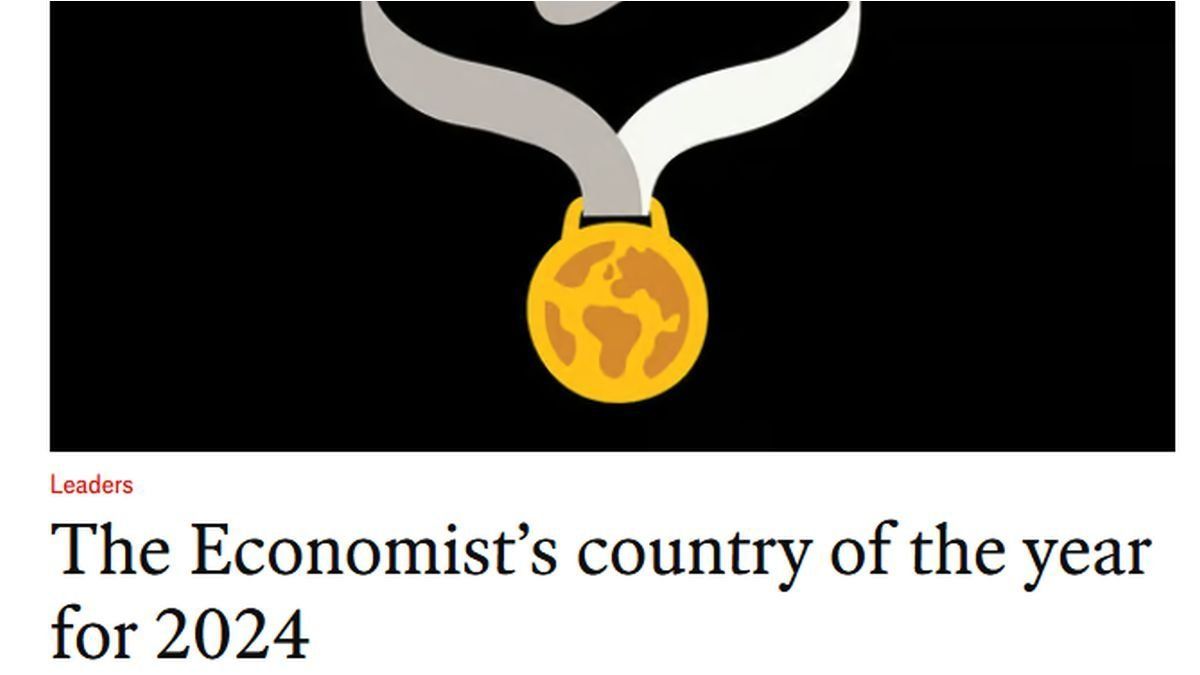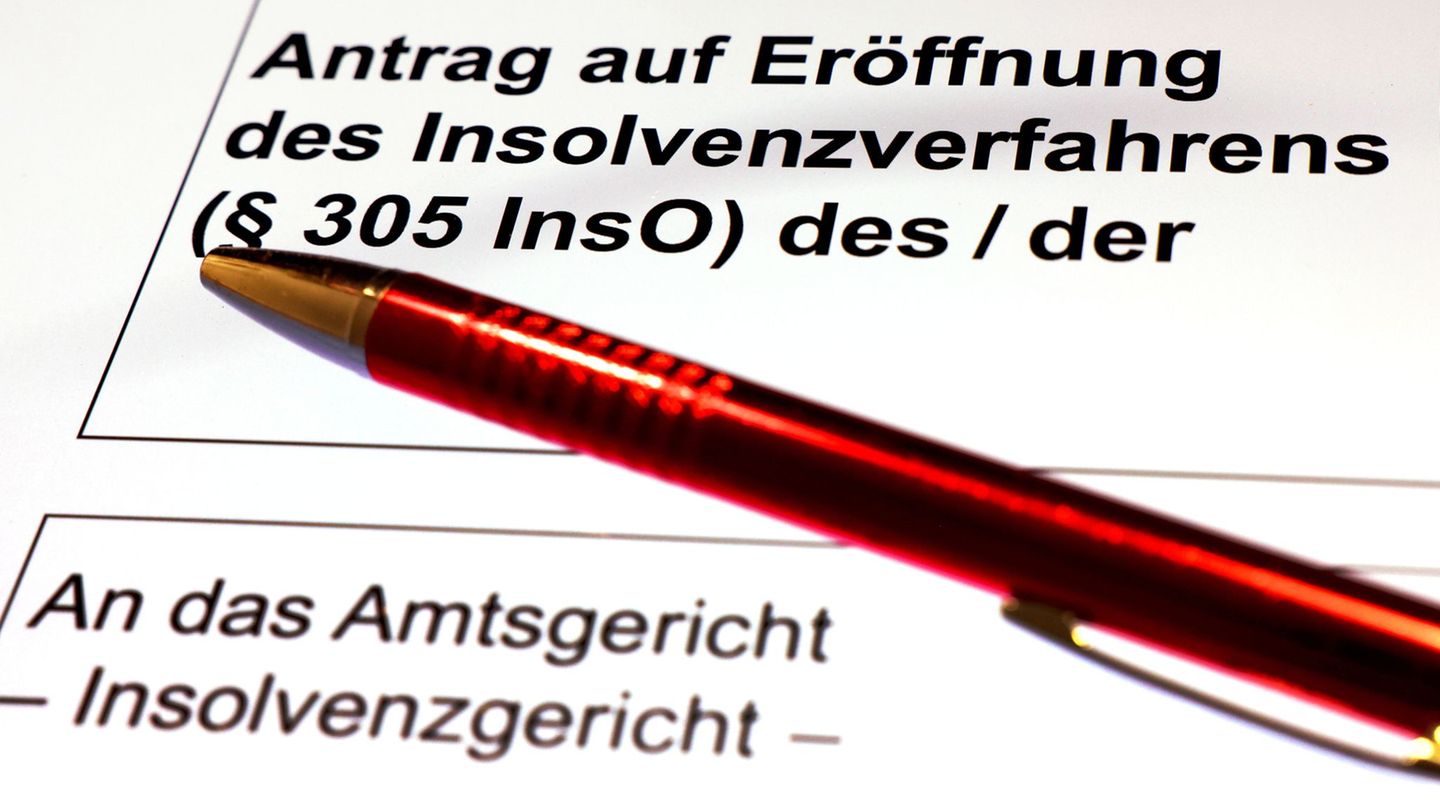The publication highlighted the progress of several countries, not only economically, but also politically. Argentina reached the top five.
Like every year, The Economist selects the “Country of the Year”an award that highlights the nation that has demonstrated the greatest progress in social, economic or political terms. In 2024, Bangladesh won recognition for its notable political and economic transition, surpassing other contenders who also experienced momentous changes, including the Argentina. They are also on the list Syria, Poland and South Africa.
The content you want to access is exclusive to subscribers.
Bangladesh underwent a historic transformation this year with the ouster of Sheikh Hasina, who led the country for 15 years. Under his leadership, Bangladesh experienced sustained economic growth, but also suffered political repression, corruption, and electoral manipulation. The movement that led to his downfall was led by students, a key force in the country’s politics.


The new government, led by Muhammad Yunus, Nobel Peace Prize winner, took office with the mission of stabilizing the economy and guaranteeing free elections. Although the transition has generated hope, the country faces serious challenges such as Islamic extremism, the reconstruction of its international relations, especially with India, and the need to consolidate its democratic institutions.
Poland also stood out this year for the political change brought about by the return of Donald Tusk to power after years of democratic deterioration under the Law and Justice Party (PiS). Tusk has begun a complex work of institutional restoration and has reinforced Poland’s role as a key actor in European security. However, tensions with Germany and the difficulties in implementing structural reforms limit progress in a context where citizen expectations are high.
In South Africa, the political change was just as significant. For the first time since the end of apartheid, the African National Congress (ANC) lost its parliamentary majority, leading to the formation of a coalition with the Democratic Alliance. Although this change reflects a popular rejection of decades of corruption and mismanagement, the new government faces the challenge of combating structural problems such as unemployment and crime, as well as rebuilding damaged state institutions.
Argentina attracted attention for its bold economic experiment led by Javier Milei. The President implemented a series of reforms that included drastic public spending cuts and deregulationmeasures that managed to reduce inflation and stimulate economic growth in the third quarter of the year.
However, Challenges persist, such as the risk of an exchange rate delay and social discontent over adjustment policies, which calls into question the long-term sustainability of these reforms.
Finally, Syria underwent monumental change with the fall of Bashar al-Assad, marking the end of a dictatorship that for more than half a century was associated with war crimes and corruption. Although this milestone is cause for celebration, the country’s future remains uncertain under the control of Hayat Tahrir al-Sham, a rebel group with a history linked to Islamic extremism. The transition raises questions about whether Syria can move toward a more inclusive government or descend into new forms of authoritarianism.
Source: Ambito
David William is a talented author who has made a name for himself in the world of writing. He is a professional author who writes on a wide range of topics, from general interest to opinion news. David is currently working as a writer at 24 hours worlds where he brings his unique perspective and in-depth research to his articles, making them both informative and engaging.




